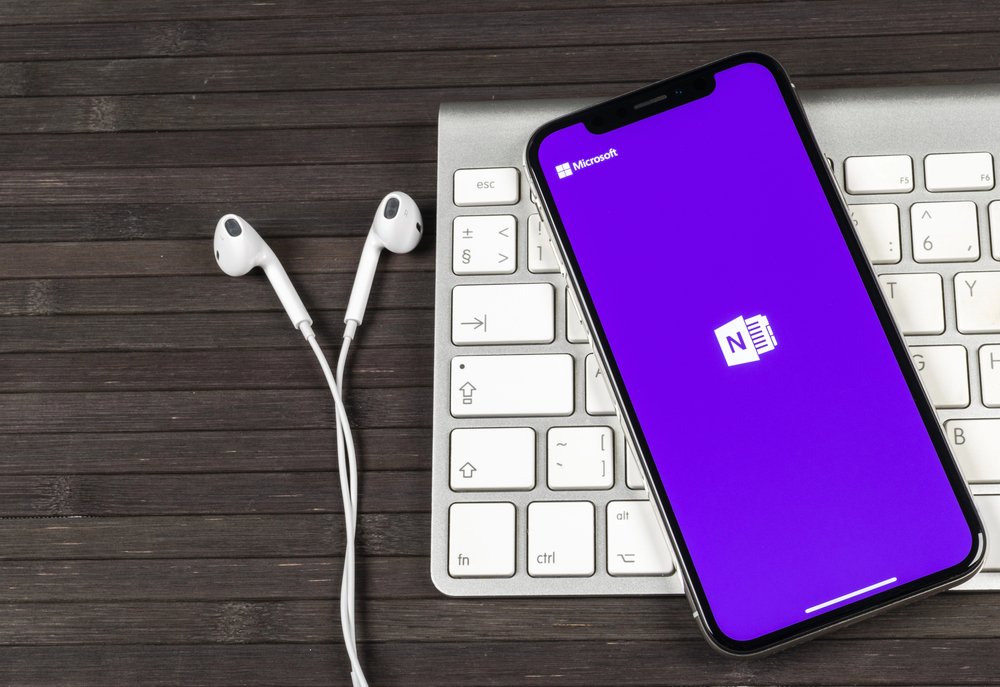Featured
Digital tools have become essential in education, providing students new ways to learn, organize, and excel academically. Each one of these tools can be used to help enhance research capabilities, improve time management, and facilitate collaboration.
However, knowing how to integrate these tools into education is important. Integrating digital tools into education transforms how students approach their studies, making learning more accessible and efficient. How so? Keep reading to find out more!
Choosing The Right Digital Tools For Your Academic Needs
Selecting appropriate digital tools can significantly impact your academic performance, but identifying specific needs is the first step. There are tools designed for note-taking, organizing research, or collaborating on projects, which are all readily available. Effective note-taking and organization apps help keep all study materials in one place, allowing easy access and efficient study sessions. Whereas project management platforms facilitate task tracking and deadline management, making group work more efficient and less stressful.
Customizing these tools to fit your study habits can also enhance their effectiveness. Some students might prefer digital notebooks that sync across devices, ensuring that notes are always accessible. Others might find task management apps helpful for categorizing assignments into manageable tasks. The key is experimenting with different tools and finding what works best for your learning style and academic needs.

Effective Note-Taking And Organization With Digital Tools
Effective note-taking is vital for academic success. Digital tools allow for efficient organization, categorization, and retrieval of notes. Utilizing note-taking apps can transform how you capture and manage information. These apps offer multimedia integration, cloud synchronization, and advanced search functions.
Structuring notes in a way that makes sense to you enhances retention and understanding. Creating sections for different subjects or topics, using tags for quick reference, and adding multimedia elements like images or audio recordings can make notes more comprehensive and engaging. Digital tools also offer the advantage of easy editing and updating, ensuring that your notes remain current and relevant.
Enhancing Research And Study Efficiency Using Online Resources
Research can be time-consuming, but digital tools streamline the process significantly. Online databases and libraries provide access to many academic papers, journals, and articles. Citation management software helps organize references and create bibliographies, ensuring your research is well-organized and properly credited.
Efficiently using online resources involves knowing where to look and how to evaluate the credibility of sources. Academic databases, government websites, and reputable journals are reliable sources of information. Bookmarking useful websites and systematically organizing research materials can save time and effort during the writing process. Employing digital tools designed for research can significantly enhance the efficiency and quality of your academic work.

Finding And Using Online Lecture Notes For All Subjects
Accessing quality lecture notes online can be a valuable supplement to your studies. Educational platforms and websites offer comprehensive notes and video lectures across various subjects. These resources provide different perspectives and explanations that can help clarify complex topics. Additionally, students can find lecture notes for all courses and subjects at Studocu, which helps to enhance their study materials further.
Using online lecture notes effectively involves integrating them into your study routine. Reviewing notes before and after classes, cross-referencing with your notes, and using them to fill in gaps in your understanding can enhance your learning experience. Additionally, many online resources offer interactive elements such as quizzes and discussion forums, providing opportunities for further engagement and learning.
Time Management And Productivity Apps For Students
Managing time is key to academic success. Productivity apps can help students stay organized and prioritize tasks. These apps often feature task lists, reminders, and time-tracking capabilities. By breaking down assignments into manageable tasks, students can avoid last-minute cramming and reduce stress.
Creating a daily or weekly schedule within these apps can help allocate time for studying, attending classes, and completing assignments. Setting reminders for deadlines and using timers to focus on specific tasks can enhance productivity. Some apps also offer features like goal setting and progress tracking, which can motivate students to stay on track and achieve their academic objectives.

Utilizing E-Learning Platforms For Supplementary Education
E-learning platforms provide additional resources that can complement traditional education. These platforms offer courses on a wide range of subjects, often taught by experts in the field. Students can use these resources to gain deeper insights into topics covered in their curriculum or to explore new areas of interest.
Integrating e-learning into your study routine involves selecting courses that align with your academic goals and scheduling regular time for them. These platforms often include interactive elements such as quizzes, discussion forums, and assignments that enhance the learning experience. By taking advantage of these resources, students can supplement their education and gain valuable skills to boost their academic performance.
Balancing Digital Tool Usage With Offline Study Methods
While digital tools offer numerous benefits, it’s equally important to balance their usage with offline study methods. For instance, handwriting notes, reading physical books, and participating in face-to-face study sessions can complement digital learning. Having this balance can help to reduce screen fatigue and promote a well-rounded educational experience.
Other ways to incorporate offline methods into your study routine involve setting aside specific times for digital and non-digital activities. For example, you might use digital tools for initial research and note-taking, then switch to handwritten notes for review and memorization. These handwritten notes can be shared in any group study sessions you participate in. Engaging in group study sessions in person can also provide a different dynamic that enhances understanding and retention. A balance of digital and offline methods can help students achieve a more comprehensive and effective study approach.

Maximizing Academic Success With The Right Digital Tools
Digital tools have the potential to enhance academic success significantly. Choosing the right tools and integrating them effectively into study routines enables students to improve organization, efficiency, and collaboration.
Of course, staying informed about new tools and trends will help students ensure they are always using the most effective resources. Balancing digital tools with traditional study methods creates a well-rounded approach that maximizes learning potential.
At the end of the day, with the right digital tools, students can excel in their academic pursuits and build skills that will serve them well into the future.
Image Credit: depositphotos.com






















